About the Cluster
Welcome to the EU Polar Cluster – a collaboration of Arctic and Antarctic projects funded by the European Commission The EU Polar Cluster is a network of Horizon 2020 and a Framework Programme 7 funded polar projects. We have a…
Welcome to the EU Polar Cluster – a collaboration of Arctic and Antarctic projects funded by the European Commission The EU Polar Cluster is a network of Horizon 2020 and a Framework Programme 7 funded polar projects. We have a…

Arctic Cross-Copernicus forecast products for sea ice and iceBERGs (ACCIBERG) Contrary to sea-ice state and forecasts, there is little information about icebergs available publicly except for the area around Newfoundland, Labrador Sea and the southern tip of Greenland. Even in…
Action groups are created on the Catalyst Platform (polarcatalyst.eu) – Discussions and independently coordinate their activities there. Please see the below table for all current information on the active Action Groups within the EU Polar Cluster: Action Group Start…

The complex and multi-stakeholder nature of today’s maritime domain, combined with contemporary technology developments such as global connectivity has the potential to facilitate significant data collection within a realm which has been relatively untapped until now. When applied to remote…

A team of experts in weather and climate prediction from 15 research institutes, operational centres and universities in eight European countries contributed to the success of APPLICATE – an AWI-led European project aimed at improving predictive capacity on polar regions…

The goal of the ARCOS project is to design and implement an early-warning system named ARCOS (Arctic Observatory for Copernicus SEA Service) providing continuous monitoring of the Arctic region. Designed to generate actionable products in the security domain by processing…

Innovation platforms for Arctic and North Atlantic security: The provision of new research and innovation programmes contribute substantially to successful interactions between security and emergency response institutions in the Arctic and the North Atlantic (ANA). In this context, the EU-funded ARCSAR…

The Arctic is more affected by climate warming than any other region. To monitor the ongoing changes, to predict the evolution of the climate system and to develop mitigation measures, we need a coherent system of Earth Observation.

The Arctic today faces extraordinary pressures, with globalisation and climate change combining to drive change at an unprecedented rate. The opening up of new economic sectors, including mining and mass tourism, alongside the industrialisation of many traditional livelihoods, such as…

ARICE (Arctic Research Icebreaker Consortium: A strategy for meeting the needs for marine-based research in the Arctic) is a project financed by the EU HORIZON2020 RIA Research and Innovation action on the topic “Integrating Activities for Starting Communities”. ARICE joins…
Cluster projects submitted several sessions to ASSW – the Arctic Science Sumit Week, held online in March 2021. Some of these were individual projects, and some were collaborative sessions. Type Projects Details When Links Workshop KEPLER Enhancing Copernicus 2.0 information products…
ASSW 2022 Cluster projects submitted several sessions to ASSW 2022 – the Arctic Science Sumit Week, held online in late March/early April 2022. Some of these were individual projects, and some were collaborative sessions. Type Cluster Members Details When Link Planning…

Using ice-core information of the past to face climate change of the present and the future. To design effective mitigation and adaptation strategies to the current man-made climate change and improve our ability to predict future climate changes, we need…

The overall objective of Blue-Action was to actively improve our ability to describe, model, and predict Arctic climate change and its impact on Northern Hemisphere climate, weather and their extremes, and to deliver valued climate services of societal benefit. In…
Open calls or position vacancies are posted at polarcatalyst.eu Blue-Action and ECRA (European Climate Research Alliance) invite you to join every second Thursday with new speakers from 11:00-11:45 CET for Climate Coffees! Please contact Chiara Bearzotti (chb@dmi.dk) if you are interested…

The focus of the project is to support the development of standards, guidelines and practices for environmental protection, economic development and other activities in the Arctic. There is growing human presence and footprint in the Arctic combined with a dramatic…
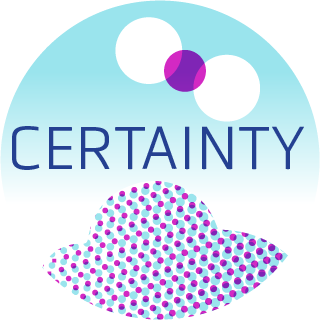
CERTAINTY: Cloud-aERosol inTeractions & their impActs IN The earth sYstem The recent decade has seen an unprecedented acceleration in climate change and related weather extremes. Significant questions remain regarding how aerosol-cloud-radiation interactions control and modify these events. CERTAINTY aims to…

CHARTER is a research project that is funded by the European Union Horizon 2020 Programme. CHARTER grew out of a desire to better understand the processes that have been driving rapid climate and land use changes in the Arctic. The…
The Cluster is structured along Working groups and Action groups. Working groups are ongoing activities applicable to selected Cluster members. These are smaller groups which include people from relevant projects, and with a few people responsible – “Cluster Curators”. …

Communications Task Group Lead by Elaina Ford, British Antarctic Survey (eakf@bas.ac.uk) (KEPLER, Arctic PASSION, EU PolarNet 2, ARICE) Co-lead Susan Millar, Uopsala University (JustNorth) The Communications Task Group is responsible for: Cluster branding (logo design, templates) This website polarcluster.eu Internal…

Communications Working Group This working group takes care of the website and the social media accounts of the EU Polar Cluster. The social media is currently managed by Lizzie Pink (elpink@bas.ac.uk) of the British Antarctic Survey. We thank everyone again…
EU Polar Cluster Coordinator Anneli Strobel EU-PolarNet 2 Project Manager Pjotr Elshout Project Officer at the European Polar Board contact@polarcluster.eu Sign up to our mailing list for updates. SOCIAL MEDIA Twitter Tweets by EUPolarCluster Facebook EU-PolarNet
(International) Cooperation Chair: Nicole Biebow (EU-PolarNet 2) This Working Group is currently being set up. Cooperation Working Group project contacts:

CRiceS: Climate relevant interactions and feedbacks: Sea ice is an integral, changing part of the global Earth system. The polar climate system affects lives and livelihoods across the world by regulating climate and weather; providing ecosystem services; and regulating the ability…

ECOTIP is a flagship Horizon 2020 research project focusing on understanding and predicting changes in Arctic marine biodiversity and implications for two vitally important marine ecosystem services: fisheries production and carbon sequestration. Running for the period 2020 to 2025, and…
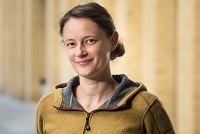
Education and Training Lead by Josefine Lenz, APECS, Germany (Josefine.Lenz@awi.de) and Katharina Beckmann, Lund University, Sweden (katharina.beckmann@nateko.lu.se) Scope of group: Sharing experience Knowledge exhange Linking networks Funding. Gateways for education: Virtual: online, webinars, online courses In-person and on-site: schools, training,…
Action Groups that have now ended: Action Group End date Information Links Horizon Results Booster February 2023 Horizon Results Booster is an initiative of the European Commission which aims to bring a continual stream of innovation to the market and…

EPOC will generate a new conceptual framework for the Atlantic meridional overturning circulation, to understand how it functions in the Earth system and impacts weather and climate. The AMOC is a key component of the climate system, responsible for ocean…

EU-PolarNet is the world’s largest consortium of expertise and infrastructure for polar research. Seventeen countries are represented by 22 of Europe’s internationally-respected multi-disciplinary research institutions. From 2015-2020, EU-PolarNet will develop and deliver a strategic framework and mechanisms to prioritise science, advise…

EU-PolarNet 2 is the world’s largest consortium of expertise and infrastructure for Polar Research. It brings together the expertise and knowledge of 25 partners from all 21 European and Associated Countries with substantial Polar activities. EU-PolarNet 2 – “Coordinating and co-designing the…

EuroGOOS identifies priorities, enhances cooperation and promotes the benefits of operational oceanography to ensure sustained observations are made in Europe’s seas underpinning a suite of fit-for-purpose products and services for marine and maritime end-users.

The EPB is an independent organisation that focuses on major European strategic priorities in both the Arctic and the Antarctic regions. Current EPB membership includes research institutes, funding agencies, scientific academies and polar operators from across Europe. The EPB envisions…

The Arctic plays a crucial role in regulating the earth’s climate. Hence, the impact of climate change on the Arctic has serious consequences to high latitude ecosystems and societies. The EU-funded FACE-IT project hypothesises that the biodiversity of Arctic coastal…

European scientists will come together to study the magnitude of aerosol radiative forcing caused by anthropogenic emissions. Understanding the role of aerosols and aerosol-cloud reciprocal action is instrumental for policymakers involved in the Paris Agreement. There is currently a level…

The overall objective of HiAOOS is to advance the uptake of new ocean observing capabilities and capacity in the high Arctic to strengthen European and national infrastructures in their effort to support new and ambitions research within climate, environment and…
Horizon 2020 is the biggest EU Research and Innovation programme ever with nearly €80 billion of funding available over 7 years (2014 to 2020) – in addition to the private investment that this money will attract. It promises more breakthroughs,…
Who can join the EU Polar Cluster? Projects with a focus on polar research, observations, infrastructure and/or modelling activities funded by the European Commission under the societal challenges of the Horizon 2020 programme and under Pillar 2 of the Horizon…
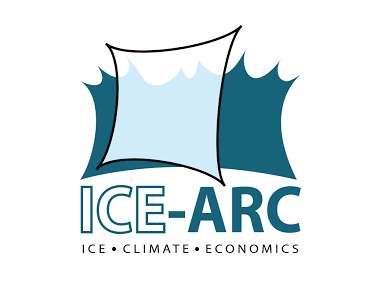
ICE-ARC (Ice, Climate, Economics – Arctic Research on Change) will look into the current and future changes in Arctic sea ice – both from changing atmospheric and oceanic conditions. The project will also investigate the consequences of these changes both…
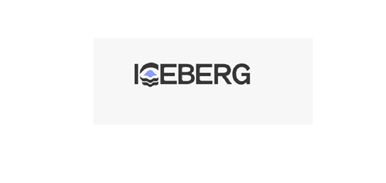
ICEBERG: innovative community engagement for building effective resilience and arctic ocean pollution-control governance in the context of climate change. Effects of Climate Change and human activities on the European Arctic land-ocean continuum are complex and multi-faceted, with pollutants posing significant…
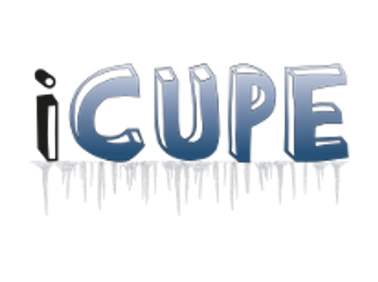
iCUPE – Integrative and Comprehensive Understanding on Polar Environments – answers to ERA-PLANET (European network for observing our changing planet) thematic strand 4 (Polar areas and natural resources). The project is motivated by the fact that the role of polar regions…

PERMAFROST – POLLUTION – HEALTH Permafrost underlies 22% of the Northern Hemisphere’s exposed land surface and is thawing at an alarming rate as a direct consequence of climate change.Permafrost thaw releases large quantities of organic matter and contaminants, including heavy…
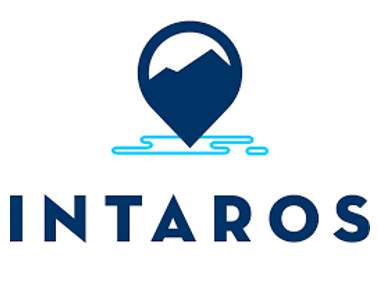
INTAROS aimed to develop an integrated Arctic Observation System (iAOS) by extending, improving and unifying existing systems in the different regions of the Arctic. INTAROS has a strong multidisciplinary focus, with tools for integration of data from atmosphere, ocean, cryosphere…
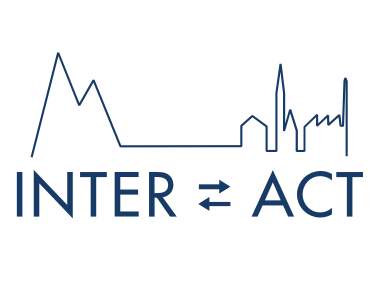
Climate change affects the Arctic more than twice as much as any other region on Earth. Moreover, the impact of climate change in the Arctic is not geographically limited but causes hazardous events worldwide. Understanding and predicting potential events requires…
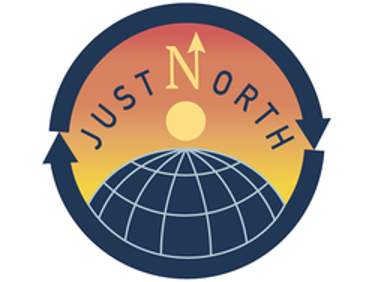
New framework for Arctic economic activities: from fossil fuel & mineral extraction to transport, the Arctic is experiencing a marked increase in human activity. It is also experiencing an unprecedented level of economic prosperity. JUSTNORTH will study the viability of Arctic economic…
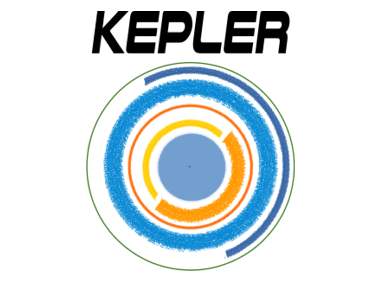
KEPLER was a multi-partner initiative, built around the operational European Ice Services and Copernicus information providers, to prepare a roadmap for Copernicus to deliver an improved European capacity for monitoring and forecasting the Polar Regions.
YouTube The EU Polar Cluster now has its own YouTube channel in connection with the European Polar Board account. The EU-PolarNet2 webinars have already been added onto a playlist named “Webinars” and are ready to be viewed! Also, the latest policy briefing video…
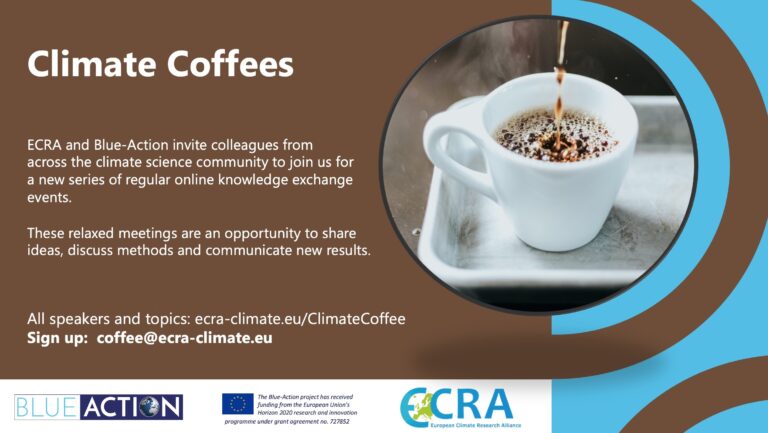
This page shows individual project sessions, webinars, and workshops. Collaborative sessions at major conferences etc. are listed separately, with more detail and links to session outputs. Upcoming Cluster project events BLUE-ACTION Climate Coffees – two Climate Coffees per…
View & download the Member Fact Sheets here. One page summaries of each project and organisations (collectively “Members”), and an overview of the Cluster aims and objectives. Members are listed alphabetically. The legacy projects are listed at the end.
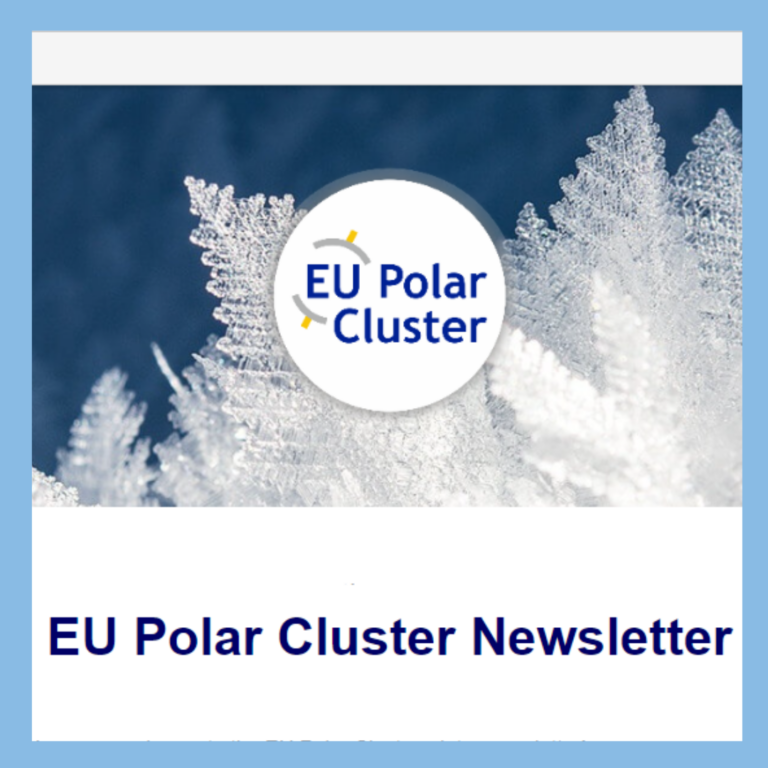
Want the EU Polar Cluster newsletter delivered straight to your inbox? Why not sign up – click here and you’ll never miss an update. EU Polar Cluster members, please upload your contributions via this FORM, or send an e-mail to contact@polarcluster.eu.…
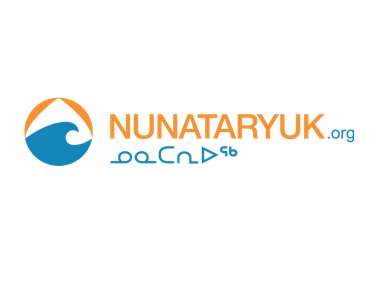
Most human activity in the Arctic takes place along permafrost coasts, making them a key interface. They have become one of the most dynamic ecosystems on Earth because permafrost thaw is now exposing these coasts to rapid change: change that…